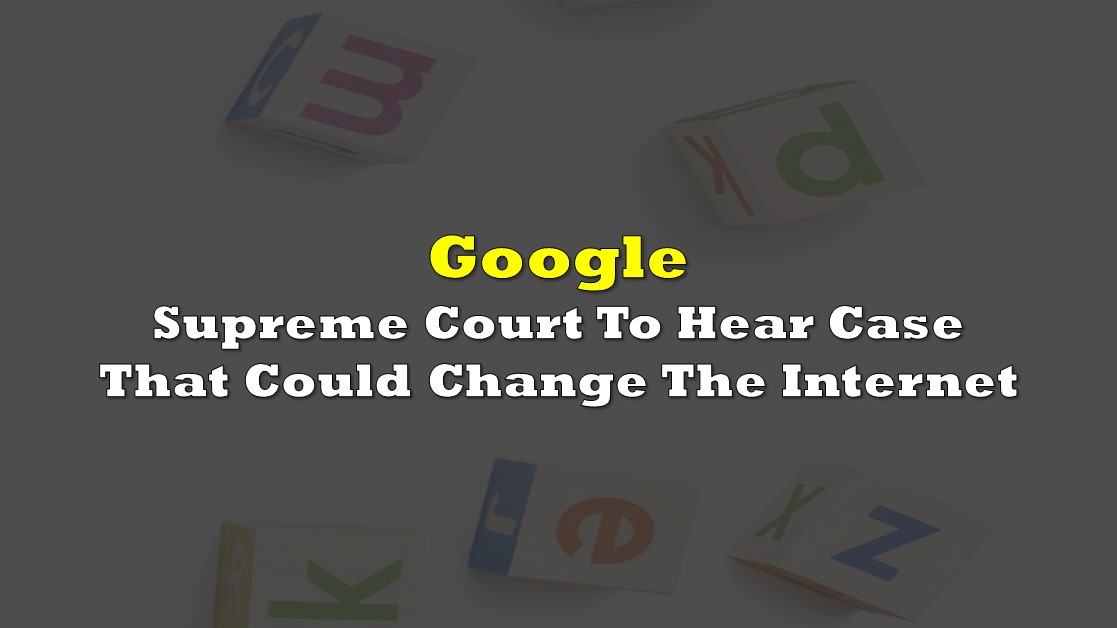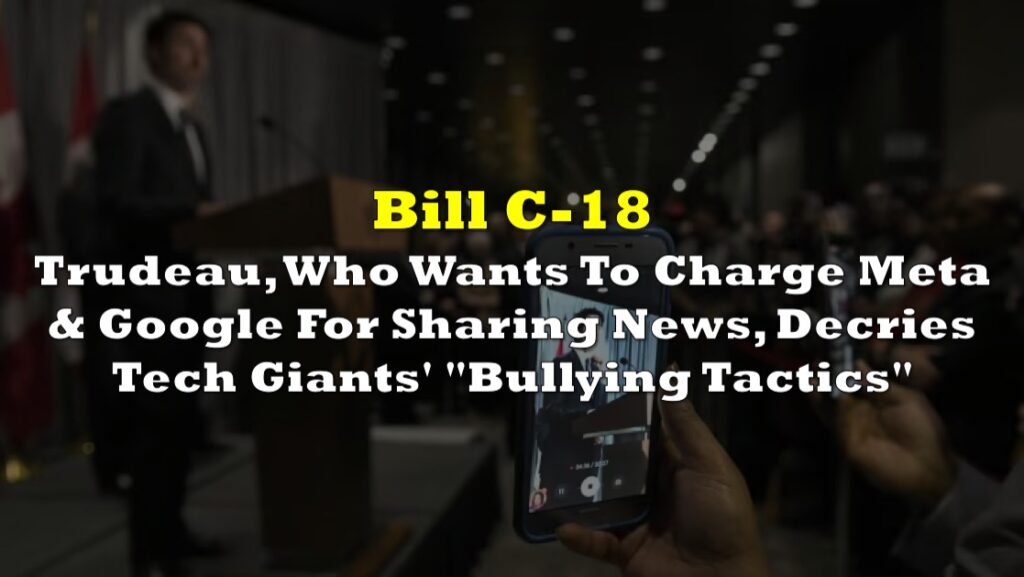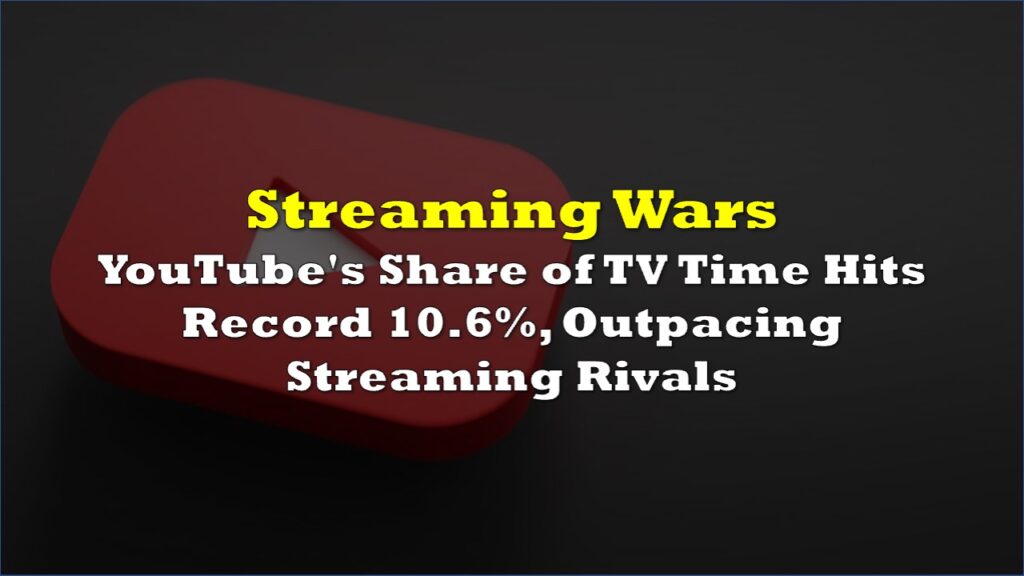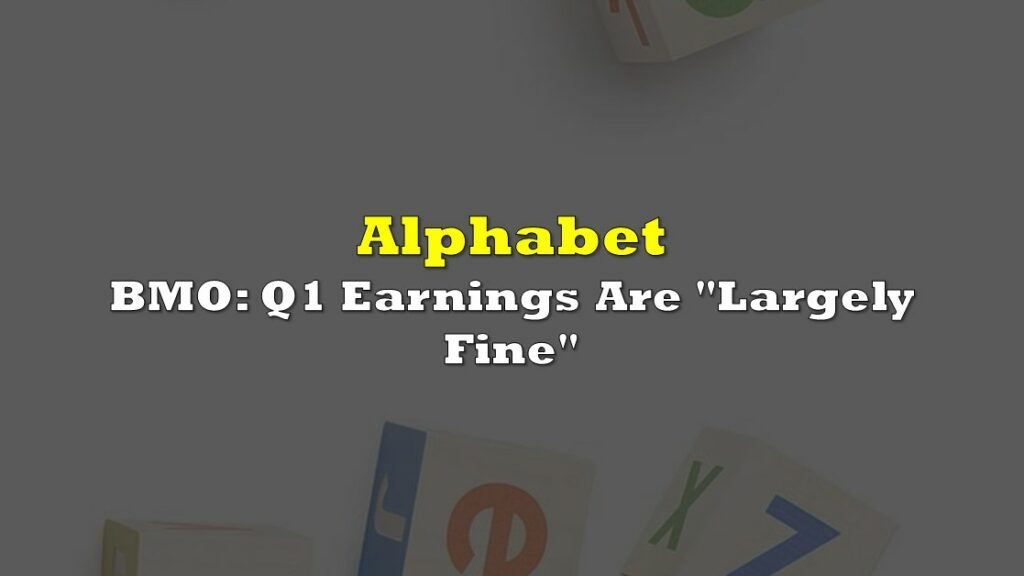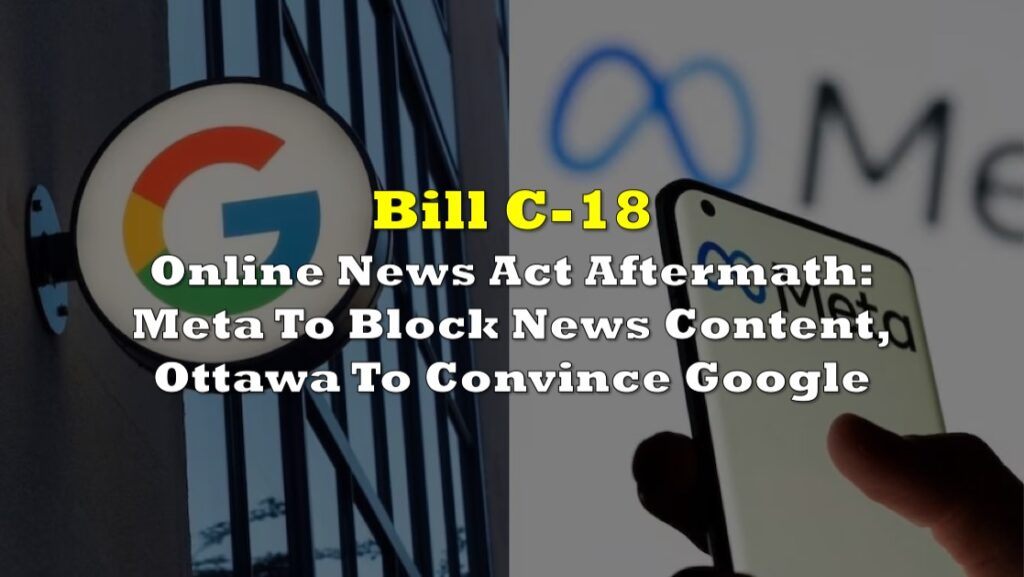On February 21, the U.S. Supreme Court will hear arguments on a case that could dramatically change how online platforms like Alphabet Inc. (NASDAQ: GOOG) and Meta Platforms, Inc. (NASDAQ: META) operate and upend the legal protections such giant technology companies have enjoyed for years. In the potentially landmark case, Gonzalez vs. Google LLC, the Court will consider whether a tech giant can be sued for allegedly aiding terrorism. The implications of the Court’s decision could be quite broad.
The details of the case are grisly: in a November 2015 terrorist attack in Paris, ISIS gunmen killed 130 people, including a 23-year old American studying abroad named Nohemi Gonzalez. The Gonzalez family claims that YouTube, the online video sharing and social media platform owned by Google, bears responsibility for radicalizing the ISIS murderers.
Two federal courts, including the U.S. Court of Appeals for the Ninth Circuit, have ruled largely in Google’s favor, but the Gonzalez family appealed the decisions. On October 3, 2022, the U.S. Supreme Court agreed to hear the case.

The lower courts have relied upon a narrow interpretation of Section 230 of Title V of the Telecommunications Act passed by Congress in 1996 in their rulings. Section 230 says that no tech platform “shall be treated as the publisher or speaker of any information provided by another information provider.” In other words, the lower courts sided with previous interpretations of this phrase that provided website platforms immunity over the posts, photos and videos that third parties share on the sites.
The Gonzalez family believes that tech giants like Google, Facebook and Twitter should face legal consequences for the dangerous content their algorithms promote. All such platforms use algorithms to generate user-curated content recommendations. In doing so, critics say the platforms allow misinformation and dangerous and extremist rhetoric to be recommended to users.
READ: Alphabet’s Google To Be Sued By DOJ For Digital Ad Monopoly
Specifically, Nohemi Gonzalez’s parents allege that YouTube’s promoting ISIS-related content on its site violated U.S. laws against aiding and abetting terrorists. In this way, YouTube was acting as a recruiting platform for ISIS.
If the Supreme Court were not to rely upon a narrow interpretation of Section 230 and rule in the Gonzalez’s favor, future plaintiffs could bring suits that target the algorithms of tech giants’ platforms, not just their content. That could potentially lead to a breakdown in the protections that U.S. law provides to these giant tech companies.
A move in that direction must be considered a possibility. The U.S. Supreme Court, split 6-3 in favor of Republicans, seems to have embraced Conservative principles in its recent decisions, and Conservatives have frequently championed curtailing the powers of major tech companies.
Information for this briefing was found via Edgar and the sources mentioned. The author has no securities or affiliations related to this organization. Not a recommendation to buy or sell. Always do additional research and consult a professional before purchasing a security. The author holds no licenses.

